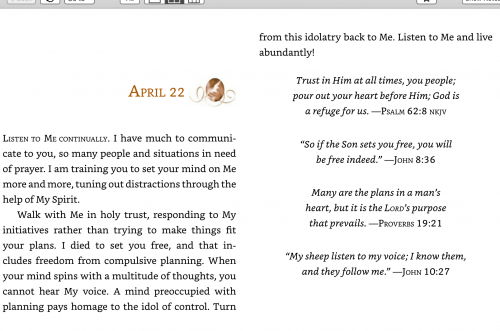On this Earth Day, Sherri Mitchell, a Native American attorney and sacred activist for environmental protection and human rights shares two particular terms which offer us some much-needed Indigenous wisdom and compassion.
N’dilnabamuk—“all my relations.” Many people have heard Native people say “all my relations” after speaking or offering prayers. But what does it really mean? All societies organize around some sort of core principle. The core principle for Wabanaki societies is relationship. Our story begins with an understanding that we are related to all beings within creation. The two legged, the four legged, the winged, the beings that crawl and slide along the ground, the plants, the trees, and the living Earth are all our relatives. Everything is interconnected and interdependent; the well-being of the whole determines the well-being of any individual part. We recognize that connection in our prayers, and the understanding that the whole is shifted by every action of each individual. There is one life, one breath that we all breathe. Therefore, when we take any action out in the world, even when we pray for ourselves, we impact all life. This belief forms the foundational understanding [that] weaves through all of our other values. It’s the thread that ties them all together. . . .
Kciye—“Harmony with the natural world”—this teaches us that it is not enough to know that we are part of one living system. We must also take active steps to live in harmony with the rest of creation. This means that we cannot adopt attitudes or beliefs that place us above the natural world. We cannot see ourselves as having dominion over the land, the water, or the animals. We can’t even see ourselves as being stewards of the Earth. We are only keepers of a way of life that is in harmony with the Earth. Every day, we must act in ways that acknowledge that we are part of one living system, a unified whole.
This understanding is very different than the belief that human beings are chosen above all others. That view creates countless distortions that not only elevate [humanity] inappropriately, but also diminish the rest of creation. The world is one unified system. It cannot be separated into fragmented, saleable parts. The Eurocentric view of property ownership requires us to see the land as being disconnected from us. This view separates us from the source of life. The Indigenous view recognizes the land as kin [as did my spiritual father, St. Francis], as part of the lineage of life that we are all connected to. Thus, we have an obligation to care for the land in the same way that we would care for our human relatives. . . .
The only way for us to regain our balance within creation is to once again find our balance with the natural world. Kciye is just a word, but it’s a word that reminds us of our deeper connections and our deeper obligations to life.
